In an interview with a reporter from Nguoi Lao Dong Newspaper about the possibility of the Vietnamese real estate market being affected if the US raises import tariffs to 46% on goods from Vietnam, Mr. Le Hoang Chau, Chairman of the Ho Chi Minh City Real Estate Association (HoREA), emphasized: "At this time, we need to stay calm, react quickly and handle the situation wisely and reasonably."
According to Mr. Chau, although the real estate industry does not directly participate in exports, if the US really imposes high taxes, long-term spillover effects are inevitable.
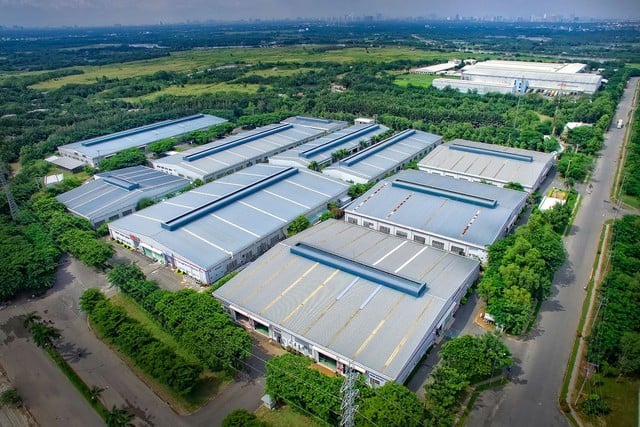
Industrial real estate could be first to be hit if US reciprocal tariffs take effect
The first segment that may be affected is industrial real estate. Because foreign-invested enterprises (FDI) are currently concentrated in hundreds of industrial parks across the country. If they cut investment or withdraw, a decline in demand for land and factory rental is inevitable. This is a big concern when industrial real estate is considered one of the bright spots of the market in recent years.
Not stopping there, office leasing is also a sensitive sector if the FDI wave shifts. FDI enterprises are often the main tenants of the Class A office segment, with high and stable occupancy rates. However, if they downsize, cut rental space or move to another country, the market will witness a “domino” effect with reduced rental prices and increased vacancy rates.
Mr. Chau also pointed out another consequence, which is less noticed but can directly impact the market: commercial housing and housing for experts. When businesses cut labor, move experts or reduce production, the demand for mid- to high-end apartments will also stagnate. Decreased purchasing power, especially in the context of economic downturn, fewer jobs, and lower incomes, will create great pressure on housing projects under implementation.
However, Mr. Chau affirmed: “All of these are just possible scenarios. The reality will depend on the results of trade negotiations and strategic adjustments of domestic and foreign enterprises.”
Responding to the question of whether businesses investing heavily in industrial parks should stop or continue, Mr. Chau said that early identification of risks is an advantage. Businesses should not panic, but need to continue implementing their established plans but at the same time must be flexible, proactively explore the market and find solutions to their own problems.
In particular, for social projects such as social housing, renovation of old apartments or commercial housing projects serving real housing needs, it is necessary to speed up progress to meet people's needs in difficult circumstances.
“We should not stop. The projects that are being implemented should continue, just need to diversify the investment in a flexible manner, suitable to reality” - Mr. Chau emphasized.
Source: https://nld.com.vn/my-tang-thue-chu-tich-hiep-hoi-bat-dong-san-tp-hcm-nhan-dinh-nong-ve-thi-truong-19625040514340638.htm



![[Photo] President Luong Cuong presents the decision to appoint Deputy Head of the Office of the President](https://vphoto.vietnam.vn/thumb/1200x675/vietnam/resource/IMAGE/2025/5/8/501f8ee192f3476ab9f7579c57b423ad)
![[Photo] General Secretary concludes visit to Azerbaijan, departs for visit to Russian Federation](https://vphoto.vietnam.vn/thumb/1200x675/vietnam/resource/IMAGE/2025/5/8/7a135ad280314b66917ad278ce0e26fa)
![[Photo] National Assembly Chairman Tran Thanh Man chairs the meeting of the Subcommittee on Documents of the First National Assembly Party Congress](https://vphoto.vietnam.vn/thumb/1200x675/vietnam/resource/IMAGE/2025/5/8/72b19a73d94a4affab411fd8c87f4f8d)
![[Photo] Prime Minister Pham Minh Chinh meets with the Policy Advisory Council on Private Economic Development](https://vphoto.vietnam.vn/thumb/1200x675/vietnam/resource/IMAGE/2025/5/8/387da60b85cc489ab2aed8442fc3b14a)
![[Photo] General Secretary To Lam begins official visit to Russia and attends the 80th Anniversary of Victory over Fascism](https://vphoto.vietnam.vn/thumb/1200x675/vietnam/resource/IMAGE/2025/5/8/5d2566d7f67d4a1e9b88bc677831ec9d)

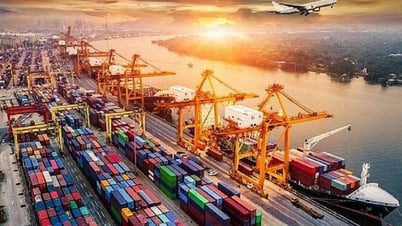
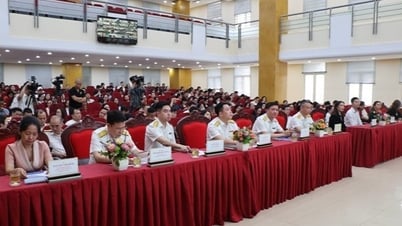


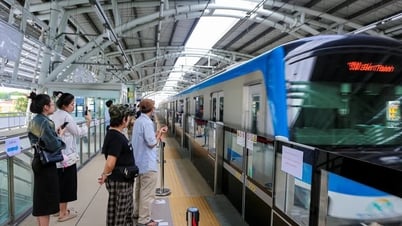







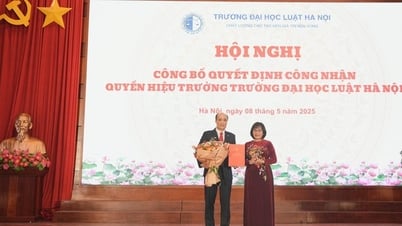


































![[Photo] Prime Minister Pham Minh Chinh talks on the phone with Singaporean Prime Minister Lawrence Wong](https://vphoto.vietnam.vn/thumb/402x226/vietnam/resource/IMAGE/2025/5/8/e2eab082d9bc4fc4a360b28fa0ab94de)














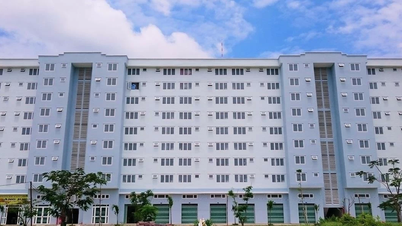
















Comment (0)